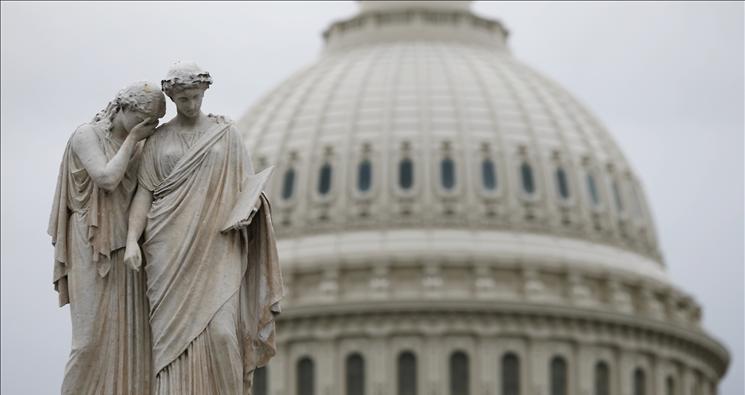Obamacare’s Fifth Amendment Problem
The Fifth Amendment to the United States Constitution states, in relevant part, that “No person shall be . . . deprived of life, liberty, or property, without due process of law.” The concept of “due process” is multi-faceted, generally meaning that a person cannot be deprived of a legally-protected interest (i.e. “life, liberty,or property”) without notice and an opportunity to be heard. In other words, at the very least a citizen has a right to defend their interests.
But what if a citizen’s defense is that compliance with the state’s legal mandate is impossible? Interestingly, that is a not a novel legal question. In a number of contexts, the Supreme Court and lower federal courts have raised due process concerns in the face of impossibility, especially state-created impossibility.
For example, in Societe Internationale v. Rogers, the Supreme Court held the trial court improperly dismissed a case for a “failure to do that which it may not have been in its power to do.” In other words, since the litigant did not have the power to comply with a court production order, it could not be penalized for failing to comply — especially when that inability is “fostered neither by its own conduct nor by circumstances within its control.”
More recently, Judge Rovner concurring in Ezelle v. City of Chicago, took aim at the city of Chicago’s efforts to evade the Second Amendment:
Stung by the result of McDonald v. City of Chicago . . . the City quickly enacted an ordinance that was too clever by half. Recognizing that a complete gun ban would no longer survive Supreme Court review, the City required all gun owners to obtain training that included one hour of live-range instruction, and then banned all live ranges within City limits. This was not so much a nod to the importance of live-range training as it was a thumbing of the municipal nose at the Supreme Court. The effect of the ordinance is another complete ban on gun ownership within City limits. That residents may travel outside the jurisdiction to fulfill the training requirement is irrelevant to the validity of the ordinance inside the City. In this I agree with the majority: given the framework of District of Columbia v. Heller and McDonald, the City may not condition gun ownership for self-defense in the home on a prerequisite that the City renders impossible to fulfill within the City limits. (Internal citations and footnotes omitted.)
Other cases make the same basic point: The state can’t impose penalties for noncompliance with state mandates when compliance is impossible.
The application to Obamacare is impossible to miss. The administration is on the verge of imposing tax penalties on millions of Americans for their alleged failure to obtain insurance policies they can’t actually obtain. With the recent leak that less than 50,000 Americans have “enrolled” in the federal exchanges (a number that apparently includes thousands who haven’t actually purchased insurance), it is a sad fact that the majority of Americans who want to purchase insurance — either because they need it or want to escape the tax penalty — cannot purchase it, and there’s currently no assurance that they’ll have a satisfactory opportunity by the time the penalty applies.
At the ACLJ we’ve drafted a complaint that we’ll be ready to file the very instant the enrollment period ends, if the exchanges aren’t fixed with adequate time for citizens to enroll. Imposing tax penalties when the government itself — through its own incompetence – makes compliance impossible is, quite simply, unconstitutional.
